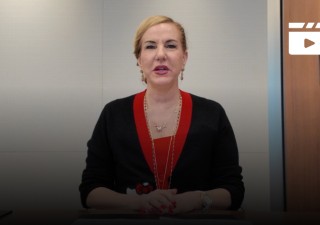While being a much-welcomed move in the right direction for these GDPR sort-of rights to be provided under the Civil Code, issues have not been properly addressed. How can the information be provided to the data subjects upon request? How fast should a response be made to consider it timely? Is the information processor allowed to refuse a data subject’s request if it is unjustified or excessive? Zhu says that as to the trendy notion, “right to be forgotten”, the law fails to describe how the data shall be deleted in individual cases. Furthermore, if the data processor already made the personal data public, it remains a question as to how to make the concerned data erased.
“Under the GDPR, consent is just one of the legal bases a business can use to justify the collection, handling, and/or storage of people’s personal data,” she says. “Furthermore, for consent to be valid, it must be freely given, unambiguous and specific, informed and withdrawable. Consent is not freely-given if individuals have no other meaningful options but to give out their consent. This means businesses shall not create an opt-in-or-leave-it situation when seeking people’s consent.
Individuals need to maintain the ability to decline and shall be free from discrimination when they opt-out. Here, the Civil Code fails to elaborate on how consent shall be obtained and given nor does it provide any details on other legal bases for data processing, which presumably remain to be addressed in further legislative construction.”
She adds, “Normally the clarification of a new law will be made in further judicial interpretations to be released by the China Supreme Court.”
The Civil Code also touches upon government infringement issue by providing that the state organs, statutory institutions assuming administrative functions, and their staff members shall keep confidential the privacy and personal information of data subjects obtained in the course of fulfilling any governmental or administrative functions, and shall not disclose such information or illegally provide the same for others. Government intrusion into personal privacy has reached a historic height during the COVID-19 as the government aggressively tracks down infected individuals by using surveillance technologies.
“This shall not be the new norm after the launch of the Civil Code,” says Zhu “The government shall make efforts to ensure that any surveillance data collected during the pandemic shall be taken good care of to protect public from mass data leakage in the aftermath of the coronavirus and in due compliance of the Civil Code. Under the new Civil Code, data processing businesses and the government are better armed to protect the public from falling into the scams of internet hackers and identity thieves and at the same time, build up their own reputation as trustworthy, law-abiding and responsible entities.”
Excel V. Dyquiangco








